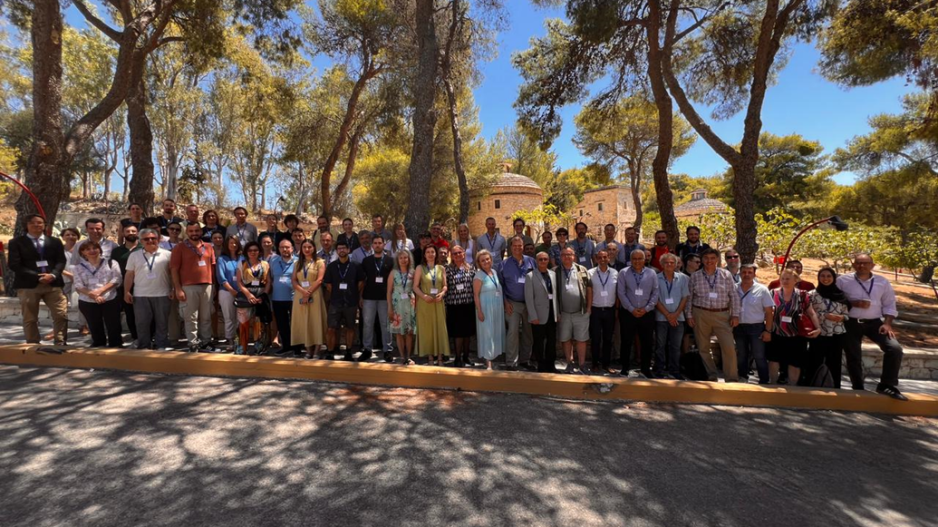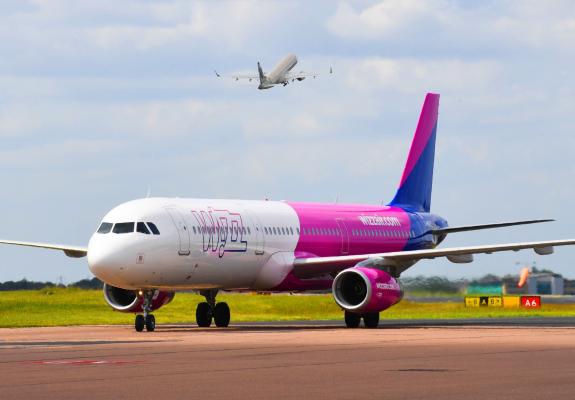Eratosthenes CoE/CUT Participates in NASA Regional Information Networks Conference
Collaboration Focuses on Innovations in Satellite Data and Sustainable Resource Management
The Eratosthenes Centre of Excellence at Cyprus University of Technology (CUT) participated in the NASA Regional Information Networks Conference held in Chania. The Mediterranean Agronomic Institute of Chania organized the event in collaboration with NASA, the European Space Agency (ESA), the Region of Crete, and Geosystems Hellas, from July 16-19, 2024.
According to a statement from CUT/Eratosthenes CoE, the conference aimed to leverage recent innovations in satellite data provision. The Regional Information Networks were established under the Global Observation of Forest and Land Dynamics international program, with the objective of providing satellite and ground data for sustainable resource management across multiple scales.
The coordinators of NASA's MEDRIN network for Earth and Space Observation in Europe include Professor Diofantos Hadjimitsis from CUT/Eratosthenes CoE, Professor Ioannis Gitas from Aristotle University of Thessaloniki, Dr. Florian Max Schwandner from NASA, and Vince Ambrosia from NASA. They were responsible for coordinating the Mediterranean network activities.
"The contribution of the Eratosthenes CoE/CUT and the EXCELSIOR project during the conference was significant, thanks to the efforts of Professor Diofantos Hadjimitsis, CEO, and Dr. Andreas Christofi, Director of Administration," the statement added.
They presented the 'EXCELSIOR Horizon 2020 Teaming Project,' coordinated by CUT with partners including the Eratosthenes CoE, the Department of Electronic Communications of the Deputy Ministry of Research, Innovation and Digital Policy, the German Aerospace Center, the National Observatory of Athens, and the German Institute for Tropospheric Research in Leipzig, with total funding exceeding €38 million. A detailed reference was also made to the Data Acquisition Station for Earth Observation, which is expected to be installed in Cyprus by the end of 2025.
Additionally, the 'AI-OBSERVER' project was presented, focusing on the use of AI in Earth Observation applications for Disaster Risk Reduction (e.g., floods, wildfires, coastal erosion, landslides).
The 'CARBONICA' project was also showcased, which focuses on innovative carbon sequestration farming practices using space technologies. Cyprus's priorities in Earth Observation were highlighted, including forest fires, floods, landslides, earthquakes, droughts, agriculture (carbon footprint, irrigation demand, food security, crop health, urban heat island), soil and coastal erosion, cultural heritage (protection and risk assessment), water resource management, climate change, and AI.






